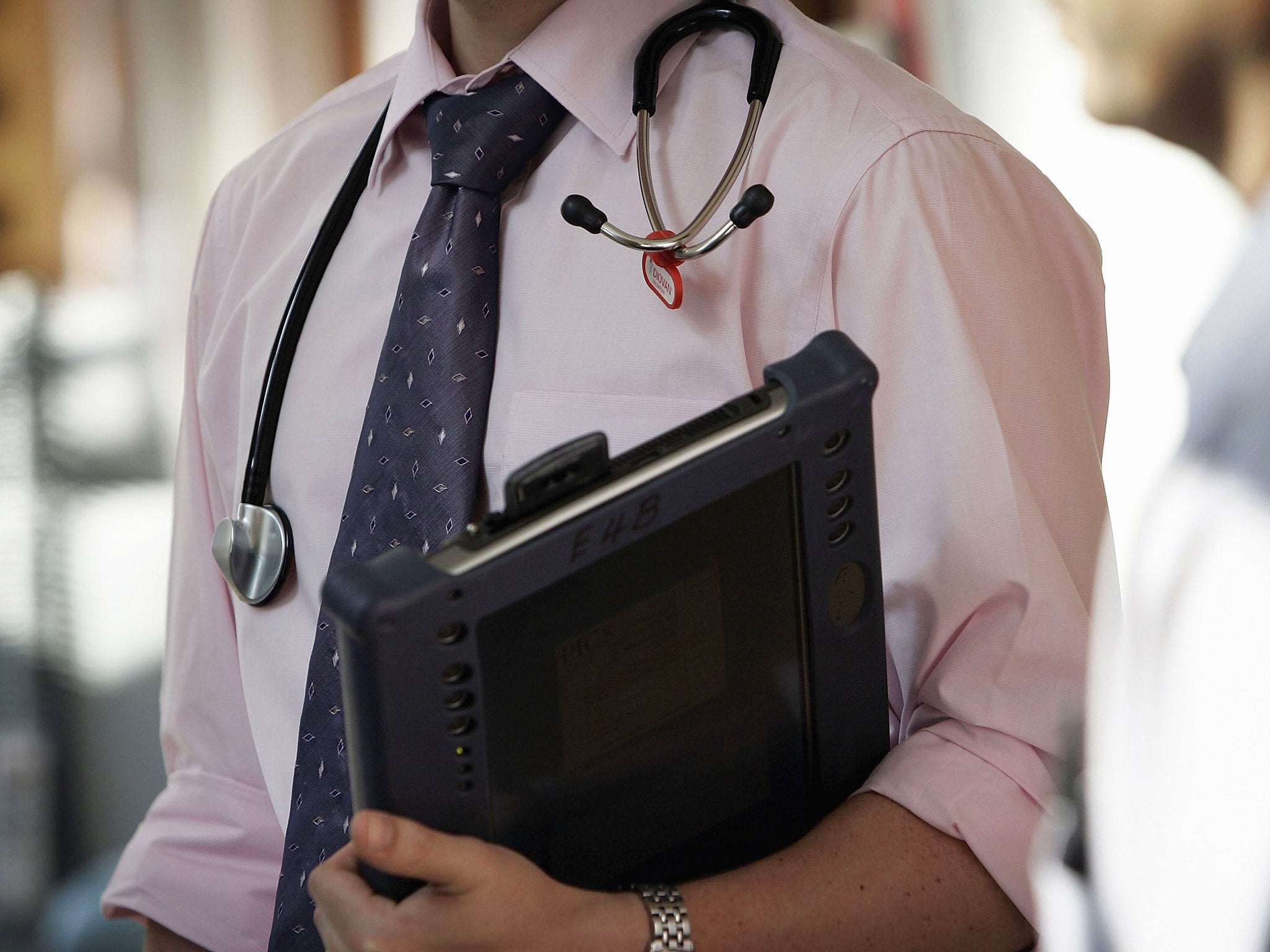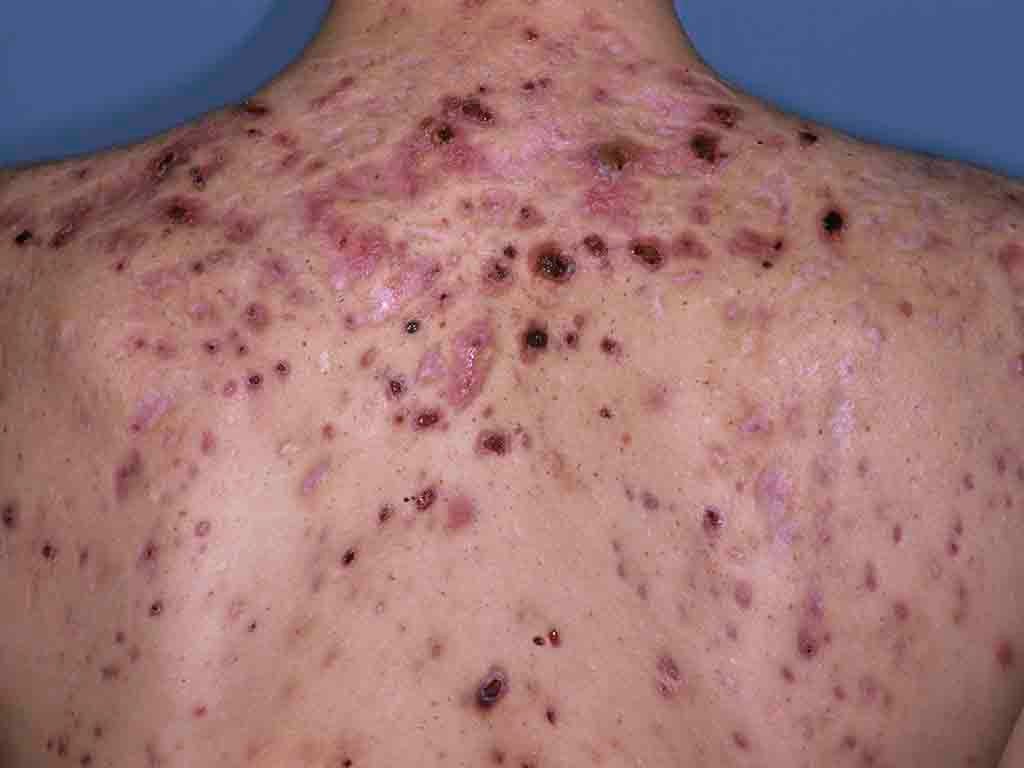Acne must be taken more seriously, charities say
Campaigners say the skin condition can lead to mental health issues and even suicide

Society must take greater steps to treat acne as a serious condition, skin charities have said.
The condition is characterised by pussy spots on the body and sometimes on the face, and can lead to low self-esteem and the bullying of sufferers.
British Skin Foundation research has found nearly 20 per cent of acne sufferers have considered suicide and around the same percentage have ended a relationship because of it. Nearly 60 per cent experienced verbal abuse because of their condition.
Campaigners have called for greater support and want to promote the idea that acne is a medical condition like any other.

"Every year there are instances of suicide due to people's distress around acne," said James Partridge, chief executive of the charity Changing Faces, which supports people with facial disfigurement.
"Self harm is also very common," he told BBC Newsbeat.
“We need to show respect, help people cope, not belittle and stigmatise.”
Mr Partridge called for nationwide access to help for people suffering from acne. He said: "There are Changing Faces practitioners, like counsellors, who are trained to help people deal with their concerns.
“We think that should be available across the country so people are able to deal with the psychosocial impact of acne."
His concerns were echoed by dermatologist Dr Anjali Mahto, who highlighted the issue of psychological harm acne - which often affects people in their vulnerable teenage years - can cause.
"I often see patients who refuse to make eye contact. People who grow their hair so it covers their face. People who refuse to go out, go to work or to go to school," Dr Mahto told the broadcaster.
She stressed that this mental impact can continue to have an effect long after the acne has gone away. "If you've grown up with the mindset you're a spotty teenager, the negative body image can stay with you for many years afterwards," she said.
Bevis Man, spokesperson for the British Skin Foundation said: “Judging from the emails and phone calls we get, we know there are a large number of people out there who are deeply affected by acne, yet don’t always have an obvious person or place to turn to about it.
“For some, simply being able to talk about their acne can be as important as treating the physical symptoms for it.”
Some acne sufferers have said many people do not realise how bad the problem is.
“Acne is common,” said one man, “but for many people who have it, they will experience this discrimination hatred in public, school and the workplace. Awareness is a very big problem at the moment.”
Join our commenting forum
Join thought-provoking conversations, follow other Independent readers and see their replies
Comments